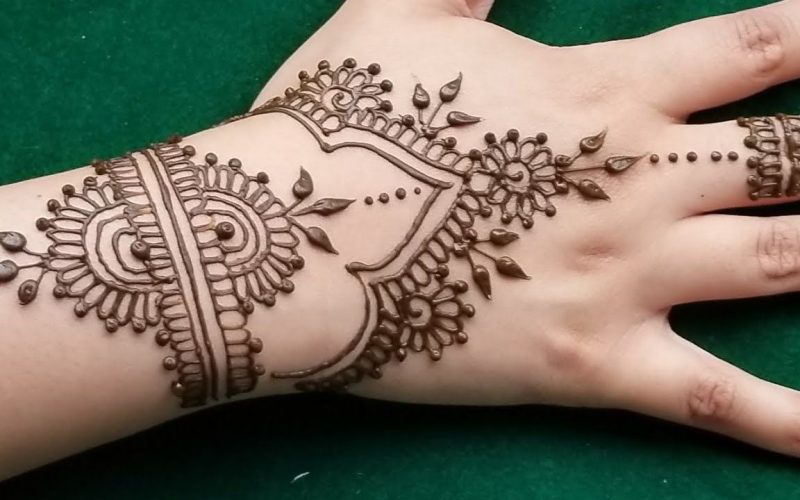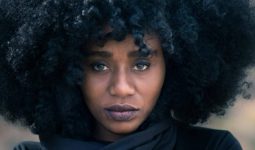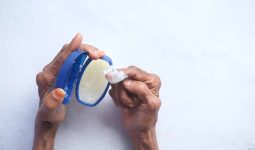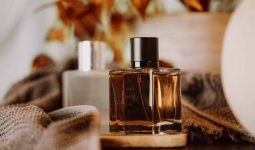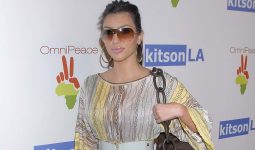Henna is a reddish-brown dye used for the colouring of the skin and hair and has been said to have many medicinal properties.
Henna can be gotten from a tree known as a henna tree, and the leaves are grounded to make a dye that is used for many things such as dying of hair, skin decoration, and medicinal purposes.
Henna use has been practiced for over 7000 thousand years, and this art also is known as Mehndi in Hindi and Urdu has been adopted by Indians, Pakistanis, Africans, and people in the Middle East.
Although, there’s been proof that the use of henna is way over 9000 years, and it can be said that past queens such as Cleopatra herself adorned their skin with henna. However, it wasn’t only for the rich as the poor also benefited from it.
Presently people all over the world have adopted this ancient traditional art and have improved on its application to beautify their bodies with impeccable artworks better.
It has become a growing trend among famous personalities, celebrities, students, pregnant women who apply it on their bellies as bodily tattoos, brides who apply it on their hands, feet, and sometimes body for ceremonial adornment, and women generally use it as an alternative for nail polish as they apply it on their nails.
Henna as a hair product
- Have you been having issues with the hair conditioners you use?
- Does your hair break with each relaxer recommended by your hair stylist?
- You have tried many hair products, but none seems to work for you?
Testimonies around the world by henna users have been tremendously amazing. Those who had used it and still using it claim that it had improved the texture of their hair and given them much confidence before they started using it.
Henna is used to improve hair growth as the henna powder is used to create an essential oil that activates growth. Henna powder mixed with mustard oil is an essential remedy for hair breakage. It is also used as a hair conditioner.
Regular use of henna guarantees cures and prevention of dandruff, scalp itching and scalp dryness because henna contains anti-fungal and antimicrobial properties that cool, heals and soothes the scalp.
Henna’s healing properties have been said to repair split ends on hair that is prone to dryness and damages by nourishing it. Asides henna being used to make the hair thick and soft, it also leaves it clean and helps it maintain a healthy balance.
Medical applications
Since Henna is considered a herb, there is no denying its medicinal properties that has numerous healing qualities when applied.
It is used on the skin surfaces for sunblock, headaches, stomach upsets like severe diarrhea, intestinal ulcers, jaundice, skin burns, hair loss prevention during chemotherapy for cancer patients, scars camouflaged to make them unnoticeable, etc.
Henna can also be a said to control scalp dryness, an alternative remedy for psoriasis but not a cure, dandruff and fungal infections, scabies and eczema.
Traditional applications
Traditionally, henna is used for special occasions like holidays, birthdays and weddings and this ancient art is still practised till date by Africans, Pakistanis, Indians, and the Middle East.
Henna is applied by the bride, family, relatives, and friends on or before the wedding day as a form of body adornment as it is applied beautifully on the hands, face, and feet.
Brides have their patterns drawn by artists, and this goes to her elbows and sometimes, knees with the most complex designs, and this is practised in countries like Israel, Tunisia, Somalia, Nigeria, Turkey, India, Morocco, Egypt, and Algeria.
The use of henna is not restricted to women only as men are also known to use it to dye their beards. Pashtun men with Kohl occasionally apply henna under their eyes and dye their beards with henna following the Sunnah of the Islamic prophet Muhammed, while a hadith claims that the prophet encouraged Muslim women to dye their nails with henna to demonstrate femininity and womanhood to distinguish their hands from those of men.
Expecting mothers to apply henna on their belly in whatever pattern as it pleases them. Having henna was regarded as having blessings which are called Baraka in Islam that come with beauty, luck, and joy. What mother wouldn’t want that for their children?

